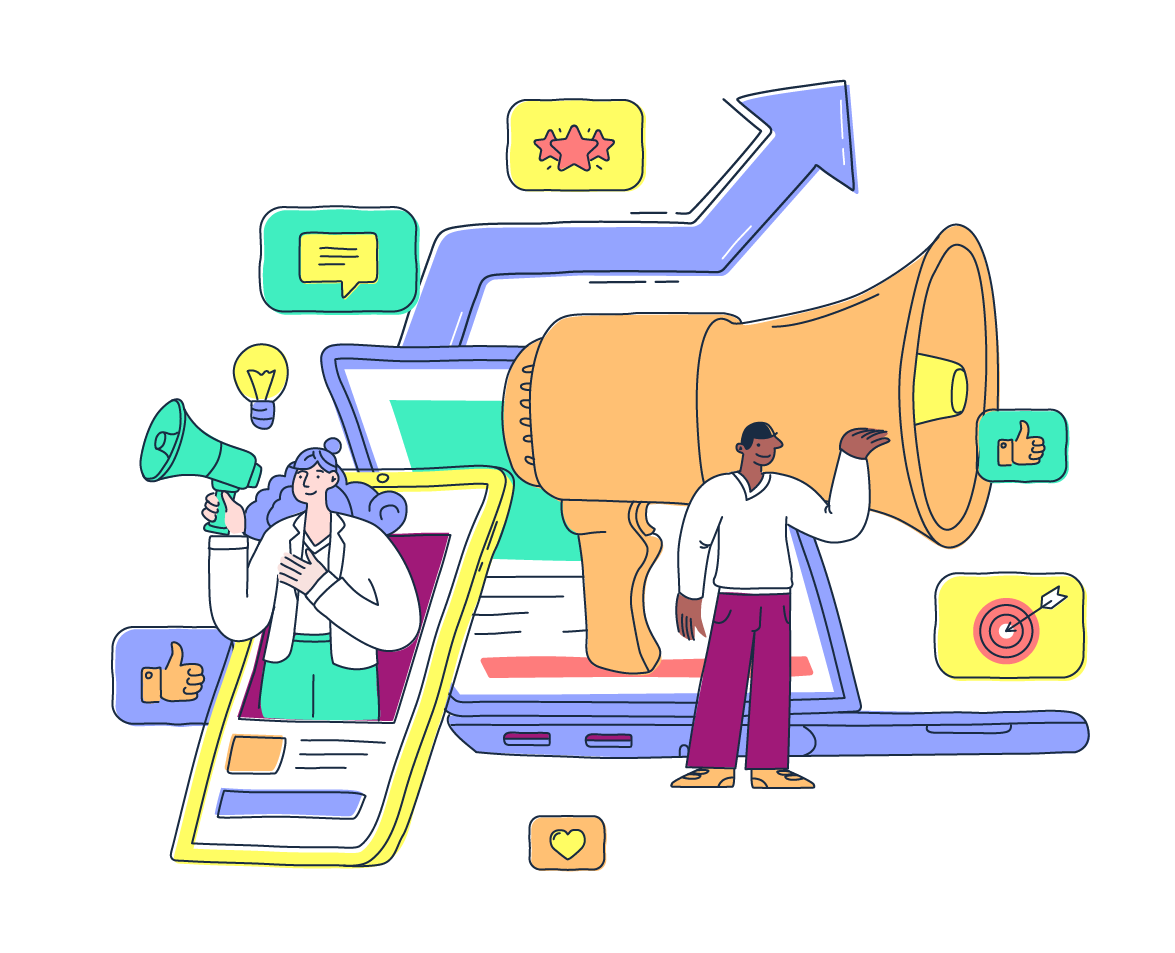Small Business Administration (SBA) loans have been a cornerstone of financing for marketing agencies seeking to expand their operations, invest in new technologies, or weather economic downturns. As the financial landscape evolves and economic conditions fluctuate, the future of SBA lending for marketing agencies is undergoing significant transformations. In this blog post, we’ll explore the trends shaping the future of SBA lending, specifically for marketing agencies, and how lenders and agency owners can adapt to these changes.
1. Technology Integration Tailored for Agencies
In the digital age, technology is reshaping the way lenders underwrite and process SBA loans for marketing agencies. Fintech companies and online lenders are developing specialized platforms that cater to the unique needs of marketing agencies, offering streamlined application processes, automated document submission, and real-time tracking of loan progress. The future of SBA lending for marketing agencies will likely see greater integration of technology, making the lending process more efficient and accessible for agency owners.
2. Expansion of Alternative Lending Options
While traditional banks have been a primary source of SBA loans for marketing agencies, alternative lenders are gaining traction in the market. Non-bank lenders, venture capital firms, and peer-to-peer lending platforms are offering innovative financing solutions tailored to the needs of creative businesses. These lenders often provide faster approvals, more flexible terms, and a deeper understanding of the marketing industry. The future of SBA lending for marketing agencies will likely witness continued growth in the alternative lending sector, providing agencies with a broader range of financing options to fuel their growth.
3. Inclusive Lending Practices for Diverse Agencies
There is a growing emphasis on inclusive lending practices aimed at supporting diverse marketing agencies, including women-owned, minority-owned, and veteran-owned businesses. The SBA has introduced programs such as the 8(a) Business Development program and the Women-Owned Small Business (WOSB) program to provide targeted support and resources to underrepresented groups in the marketing industry. The future of SBA lending for marketing agencies will likely see increased efforts to promote diversity and inclusion, ensuring that all agencies have access to the capital they need to thrive.
4. Risk Mitigation Strategies Tailored to Agency Risks
As with any industry, marketing agencies face unique risks and challenges that lenders must consider when underwriting SBA loans. These risks may include client concentration, project-based revenue, and industry volatility. Lenders are developing specialized risk mitigation strategies to address these challenges, such as enhanced credit analysis, collateral requirements, and industry-specific loan covenants. The future of SBA lending for marketing agencies will likely involve a deeper understanding of agency risks and more tailored lending solutions to support their specific needs.
5. Embrace of Green Financing for Sustainable Agencies
With increasing awareness of environmental sustainability, there is a growing demand for green financing solutions amongst marketing agencies committed to sustainable business practices. The SBA offers green lending programs, such as the 504 Green Loan program, to support agencies in investing in energy-efficient technologies, sustainable marketing materials, and environmentally friendly office spaces. The future of SBA lending for marketing agencies will likely see greater adoption of green financing initiatives and incentives to promote sustainability within the industry.
Conclusion
As the financial landscape evolves and economic conditions fluctuate, the future of SBA lending for marketing agencies is undergoing significant transformations. By embracing technology, expanding alternative lending options, promoting diversity and inclusion, tailoring risk mitigation strategies, and supporting sustainable practices, lenders and agency owners can ensure that SBA loans continue to serve as a vital source of capital for marketing agencies seeking to grow and thrive in an ever-changing industry landscape.

